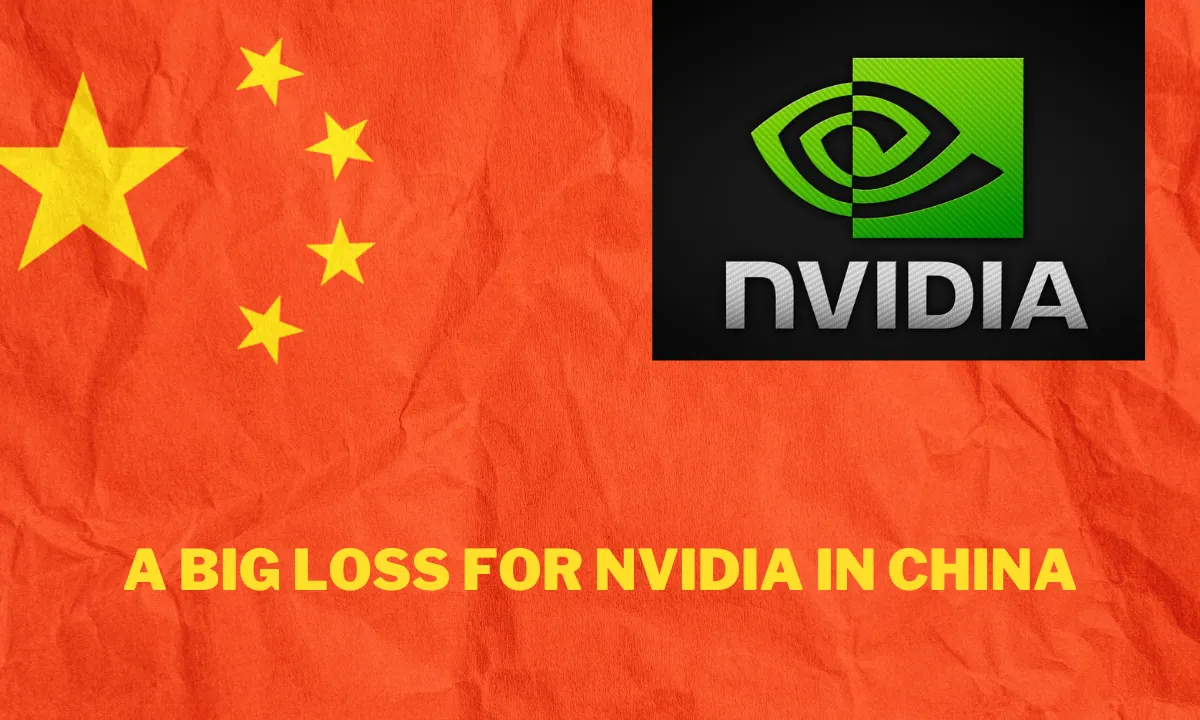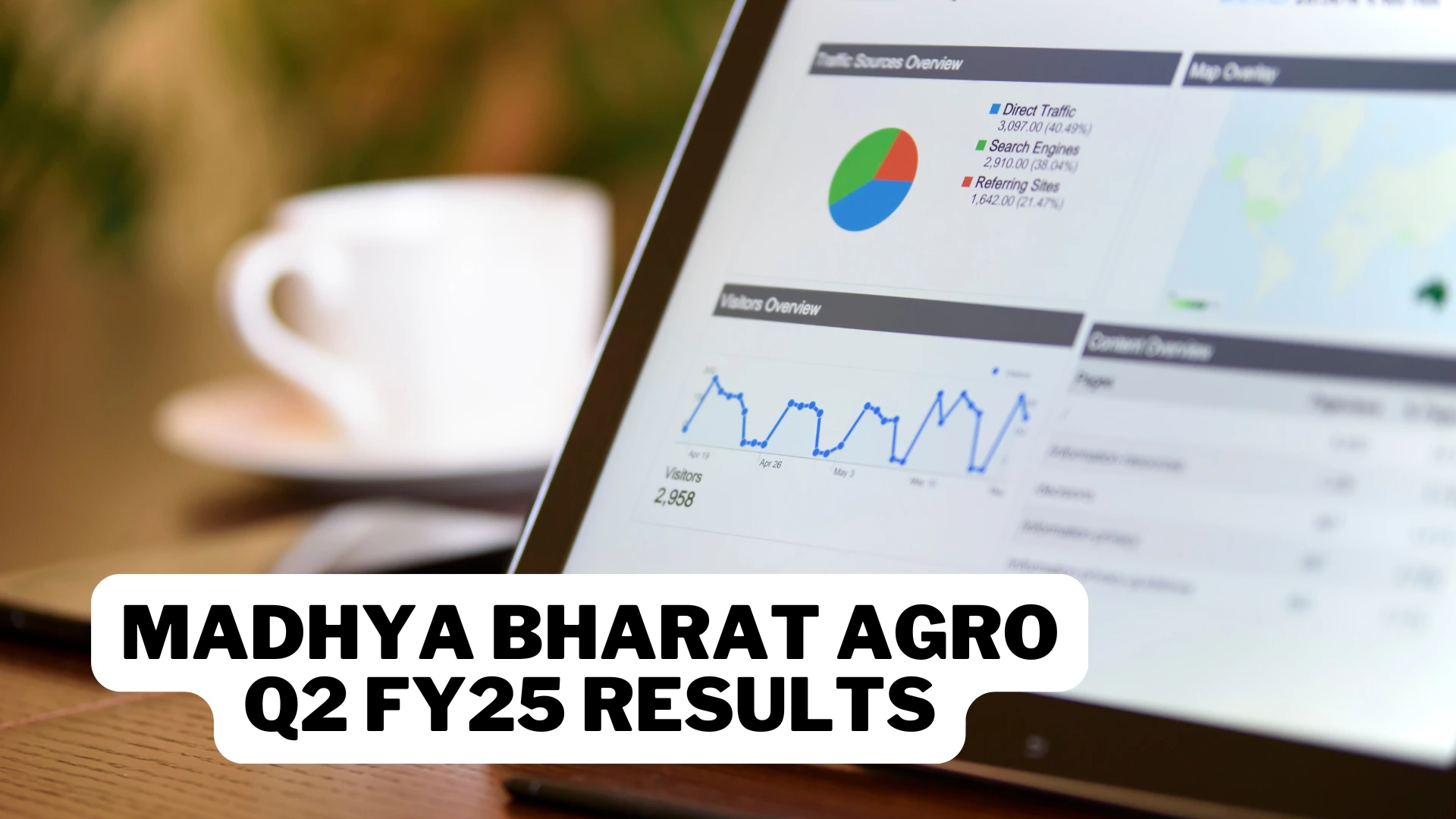According to recent reports, China is subtly signaling a shift away from Nvidia’s dominance in the AI chip market.
Chinese authorities have informally advised local businesses to prioritize domestically produced artificial intelligence (AI) chips over Nvidia’s offerings, particularly its H20 GPU, which is custom-built for China.
This is a critical development as Chinese chipmakers, including tech giant Huawei, work to close the technological gap with Nvidia.
No Official Ban, But Domestic Alternatives Pushed
While there is no formal ban on Nvidia’s H20 GPU, two sources familiar with the matter have disclosed that mainland AI companies have been encouraged to consider local alternatives first.
Huawei Technologies, one of China’s most prominent tech firms, is among the companies offering viable AI chip options.
A third source clarified that orders for Nvidia’s H20 GPU, which complies with U.S. sanctions by offering a reduced version of its global counterparts, have not yet been restricted as of August. However, the push for homegrown AI solutions marks a growing trend.
Rumors of China’s subtle restrictions on Nvidia began surfacing in May 2023, when U.S.-based media outlet.
The Information reported that Chinese regulators were encouraging companies to reduce their reliance on Nvidia and instead explore domestic AI chip providers like Huawei.
Last week, similar sentiments, suggested that China advise local companies to distance themselves from Nvidia products.
Despite these reports, China’s Ministry of Industry and Information Technology (MIIT) has not made any official announcements, further adding to the ambiguity surrounding this shift.
MIIT, which regulates the semiconductor and AI sectors in the country, has remained silent on the matter, leaving it open to interpretation.
Nvidia’s Reaction and Market Dynamics
Nvidia, for its part, has also refrained from issuing any official statement regarding these developments.
However, Nvidia’s CEO Jensen Huang has previously commented on the U.S. government’s trade restrictions with China.
When asked during a Washington press briefing in late September, Huang praised the U.S. government’s efforts, stating, “The U.S. government is doing a wonderful job of balancing trade controls and technology exports, ensuring that American companies remain competitive globally.”
Huang emphasized that Nvidia remains committed to its global operations, saying, “It’s terrific that the world operates on American standards.
Nvidia is an American company, and our government wants to see us succeed.” Despite U.S. restrictions, Nvidia continues to maintain strong demand for its H20 GPU in China, which remains a crucial market for the company.
Growing Popularity of Nvidia’s H20 GPU in China
Even though Nvidia’s H20 GPU is a toned-down version of its global chips to meet U.S. export restrictions, it remains popular among Chinese users.
Major Chinese cloud service providers have been snapping up Nvidia’s H20 GPU since its launch earlier this year.
The demand for Nvidia’s chips is fueled by the company’s strong technical support and after-sales services in China, where its GPU technology is critical for AI and cloud computing applications.
According to industry estimates, Nvidia is expected to ship over 1 million H20 GPUs to China in 2024, generating approximately $12 billion in revenue.
This staggering figure shows just how important the Chinese market is to Nvidia, despite the escalating geopolitical tensions.
Chinese AI Chipmakers Gaining Ground
While Nvidia’s H20 is still widely used in China, the rise of domestic AI chip manufacturers presents a new challenge for the U.S. tech giant.
Chinese state-owned telecom provider China Telecom recently announced that it has successfully developed two large language models—similar to the technology behind OpenAI’s ChatGPT—using solely Chinese-produced AI chips.
Although the company did not disclose its chip supplier, Huawei’s growing prominence in the domestic AI chip market points to a potential collaboration.
Huawei, in particular, is making waves in the AI chip industry. The tech behemoth has already begun distributing samples of its upgraded Ascend 910C chip to leading Chinese server manufacturers for testing and evaluation.
This move brings Huawei one step closer to competing directly with Nvidia’s A100 chips, which are crucial for training AI models.
The increased focus on homegrown AI technology comes after Washington imposed stricter curbs on the export of high-performance chips, including Nvidia’s A100 and H100 GPUs, to China in August 2022.
In response, Nvidia developed modified versions of these chips—the A800 and H800—to comply with U.S. export restrictions.
However, with Washington tightening export controls further in October, Nvidia has had to innovate once again, releasing the H20 and L2 GPUs specifically tailored for the Chinese market.
Despite multiple rounds of U.S. restrictions, Nvidia reported that China remained its third-largest market in the fiscal year ending January 2024.
The Future of Nvidia and AI in China
The competition between U.S.-based Nvidia and Chinese AI chip manufacturers is set to intensify as China continues to ramp up its domestic production of high-performance chips.
With companies like Huawei making significant progress, Nvidia faces growing pressure to retain its market share in China, a key battleground in the global AI chip race.
For now, Nvidia’s H20 GPU remains in high demand in China, but the long-term trend appears to favor local alternatives.
As Chinese companies like China Telecom and Huawei develop AI technologies that rival Nvidia’s, the U.S. tech giant may find it increasingly challenging to maintain its dominance in the Chinese market.
This ongoing shift underscores the broader geopolitical battle for tech supremacy between the U.S. and China, with AI chips representing one of the most critical fronts in this struggle.
Conclusion
Nvidia’s position in the Chinese AI chip market is under pressure, as local companies shift toward domestic alternatives.
With no formal restrictions yet in place, Nvidia’s H20 GPU continues to thrive, but the growing presence of Chinese-made AI chips, led by Huawei, signals a changing landscape.
As the competition heats up, Nvidia’s ability to navigate both U.S. sanctions and China’s push for technological self-sufficiency will determine its future in one of the world’s largest tech markets.










